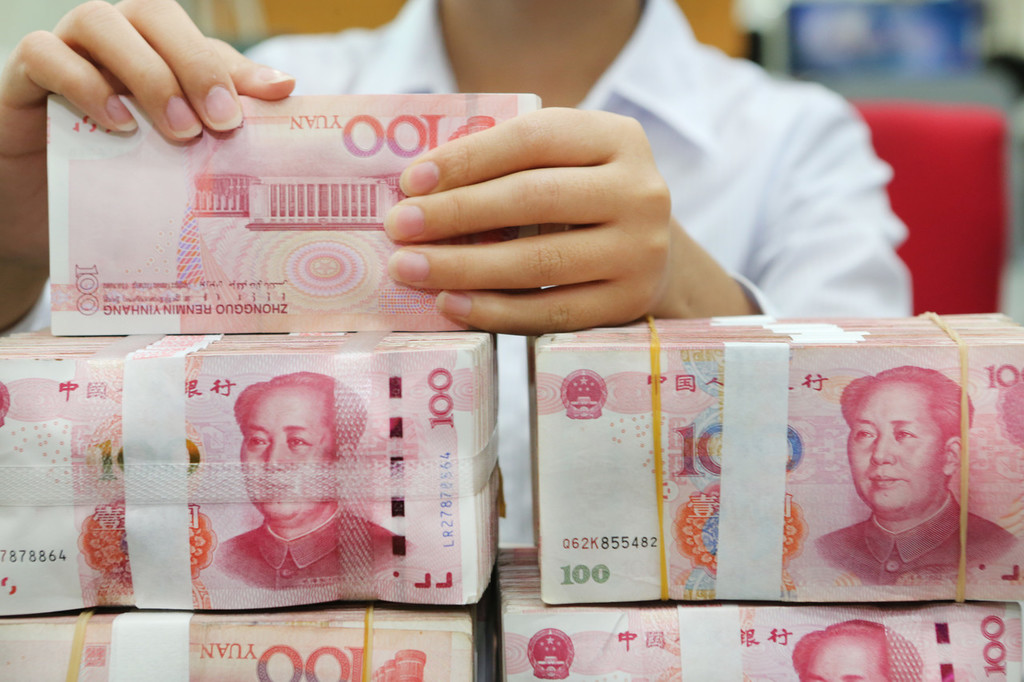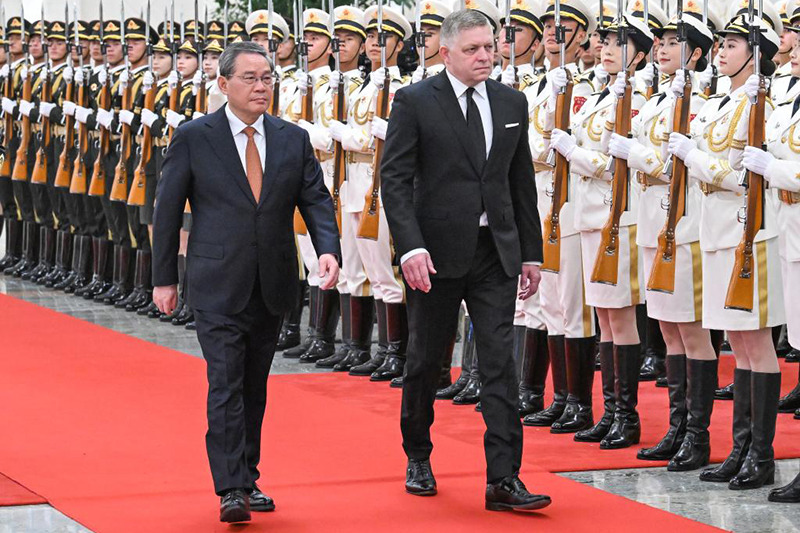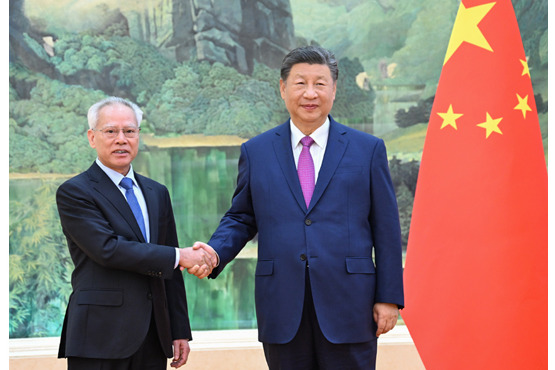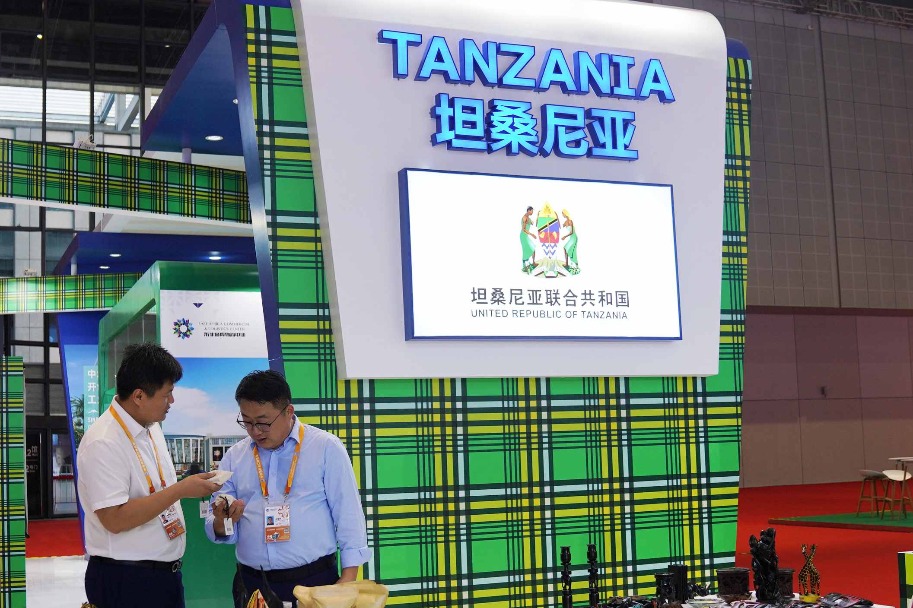Adviser says macro policies' joint effect key
Fiscal and monetary adjustments together can drive development


China's macroeconomic policy support can achieve greater impact by further coordinating fiscal and monetary policy measures, such as integrating the funding support provided by fiscal subsidies and structural monetary policy instruments, said a central bank official and national political adviser.
"Fiscal and monetary policy — as the country's two major macroeconomic adjustment policies — can generate a greater combined effect in driving economic development," said Wei Gejun, a member of the 14th National Committee of the Chinese People's Political Consultative Conference, the country's top political advisory body.
Wei, who is also head of the Shaanxi Provincial Branch of the People's Bank of China, the country's central bank, said in an exclusive interview with China Daily that further enhancing coordination across various policy measures can bolster their overall impact and conserve the policy room for maneuver.
"Fiscal subsidies for interest payments can be combined with the funding support of structural monetary policy tools to better incentivize financial institutions to boost credit support for key areas and weak links while further reducing the financing costs facing the real economy," Wei said.
With regard to supporting project construction, he said it is advisable for local government special bonds to be utilized more in supplementing project capital, which can in turn encourage banks to allocate more credit resources to the projects.
Wei's remarks follow market mavens' desire to watch if China would better coordinate fiscal and monetary policies to elevate the efficiency of policy adjustments, in order to reach this year's GDP growth target of about 5 percent.
Zhang Ning, senior China economist at UBS, said the Swiss bank regards China's 2024 GDP growth target as proactive while the macroeconomic policy stimulus package unveiled at the just concluded two sessions — the annual gatherings of the country's top legislature and the top political advisory body — is moderate in scale.
UBS predicts that the Chinese economy will grow by 4.6 percent this year in the baseline scenario, Zhang said, and the achievement of a higher growth rate will hinge on efforts to enhance the intensity and efficiency of policy support.
The latest Government Work Report has stressed the need to enhance the consistency of macro policy orientation, strengthening coordination and interplay between policies to see that together they deliver greater outcomes and avoid focusing on one single policy to the detriment of others or letting one policy impede another.
In his proposal to the second session of the 14th CPPCC National Committee, Wei underscored the importance of boosting policy synergy. "Both fiscal and financial funding support can assist in enterprises' development. However, without coordination and cooperation, there could be situations where fiscal funds displace financial funds, which would affect the outcome of financial support and raise fiscal burden."
Relevant efforts are underway as the PBOC said last week in a column on its website that the central bank has supported the implementation of proactive fiscal policy by providing ample liquidity to accommodate the issuance of government bonds, having conducted three cuts to the reserve requirement ratio since 2023 and injecting more than 2 trillion yuan ($278.5 billion) in long-term liquidity.
Chinese Finance Minister Lan Fo'an said on Wednesday that fiscal policy will strengthen its coordination with monetary, employment and industrial policies to strengthen the combined policy impact.
Wei said it is essential to assess whether the policies introduced by various departments — both economic and non-economic — are aligned with macroeconomic policy objectives to avoid instances where policies interfere with one another and weaken policy outcomes.




































